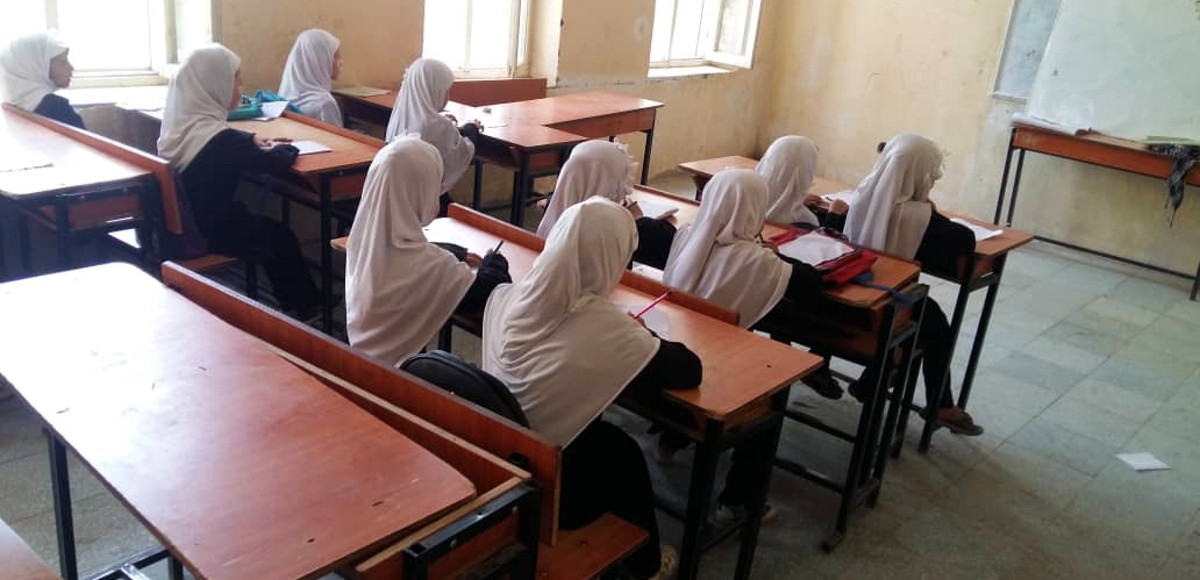The European Union (EU) has committed an additional €9.9 million to the United Nations World Food Program (WFP) to bolster school feeding programs for nearly 2 million primary school students across several provinces in Afghanistan.
The funding will facilitate the distribution of nutritious school snacks to approximately 900,000 boys and over 850,000 girls attending primary schools in Nangarhar, Nuristan, Ghor, Farah, and Jawzjan provinces over the next two years.
EU Chargée d’Affaires a.i. to Afghanistan, Raffaella Iodice, emphasized the positive impact of school feeding programs, stating, “Learning with an empty stomach is hard. The school feeding program in Afghanistan helps increase enrollment, attendance, and retention in primary school, for boys and girls. School feeding improves learning abilities and the well-being of the children who are the next generation of Afghanistan.”
Harald Mannhardt, Deputy Country Director of WFP Afghanistan, highlighted the critical role of school feeding in a country where a significant portion of the population faces food insecurity. He said, “Many children in Afghanistan come to school without breakfast, and WFP’s school feeding program provides their first meal of the day. School feeding is an important part of our activities in the country, where 15 million people – or one-third of the population – do not know where their next meal will come from.”
The majority of the school children, approximately 1.4 million, will receive locally produced fortified biscuits during their morning school break. These biscuits, each containing 450 calories, along with essential nutrients, will contribute to the children’s daily nutrition.
An additional 340,000 children will be provided with a daily ration of bread made from wheat and soy flour, dried fruits, and nuts, freshly baked in a local bakery that sources its ingredients from Afghan farmers. Moreover, 480,000 girl students will receive take-home rations of fortified vegetable oil, which will also benefit their families.
WFP’s school feeding program, initiated in Afghanistan more than two decades ago, aims to link food security and better nutrition with education among school-aged children. In 2022, WFP distributed school snacks to more than 700,000 boys and girls in primary schools, with over 200,000 girls receiving take-home rations.
The EU has consistently supported primary school students through WFP’s school feeding program, building on a previous contribution of €11 million for the years 2022 and 2023. With this latest allocation, the EU’s total support for the program over the last two years exceeds €20 million, reaffirming its commitment to enhancing education and nutrition for Afghan youth.





